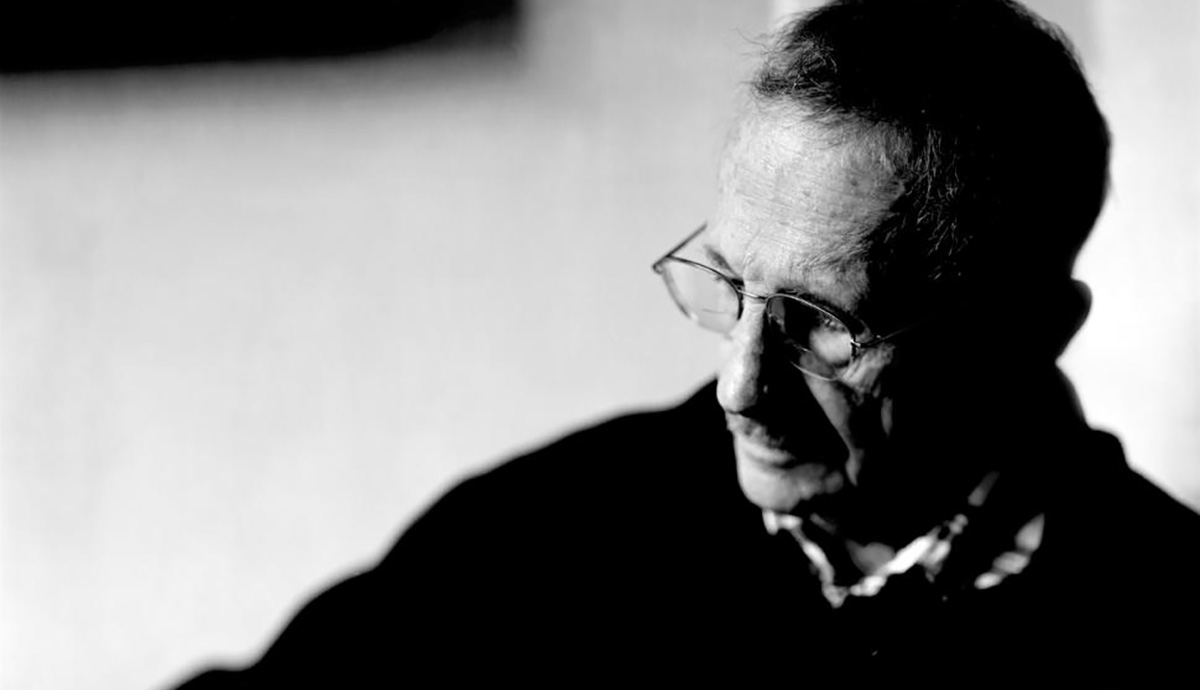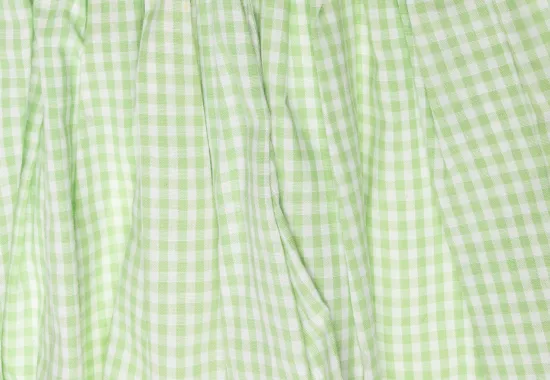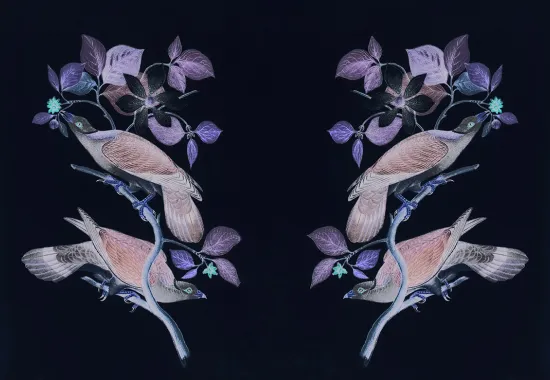Philip Levine in NAR | “Silent in America”
When publication of North American Review resumed after a 24-year hiatus in 1964, Philip Levine’s poetry was a highlight in the first issue. That piece, a lengthy excerpt from his then-forthcoming book, Silent in America: Vivas for Those Who Have Failed, was followed by several others within our pages throughout the subsequent two decades.
The poems Levine published here in the 1960s and 1970s were part of a sustained creative peak that lasted well into his tenure as America’s Poet Laureate in the 2010s. They are syntactically inventive, intellectually probing, and always, always magnanimous. They include pieces that both confirm and belie Levine’s reputation as the preeminent poet of the working class. There are stanzaic poems that flirt with formal structures, and there are free-verse jams that only reluctantly reveal themselves to be models of poetic craft. There are humanistic nature poems, poems of sharp political comment, and poems of personal remembrance. In short, the pieces that Levine published in NAR are representative of one of the broadest, deepest bodies of work in American poetry.
Current NAR contributor (and Levine student) Jeffrey Skinner reminded us of the author of that body of work with own his poems, “Homage to Phil” and “The Law of Falling Bodies” in our Summer 2019 issue, as well as his insightful essay, “Permission to Be: Philip Levine at Columbia, 1978,” which Prairie Lights Books allowed us to republish here in Open Space.
What follows is a sampling of the poetry of Philip Levine as it originally appeared in NAR. Each piece is accompanied by a link to the JSTOR archive of the issue in which it was published.
Photo by by Geoffrey Berliner
Philip Levine
Silent in America
“Vivas to those who have failed ...”
IV
And I, I am the silent
riser in a house
of garrulous children.
I am Fresno’s
dumb bard, America’s last
hope, sheep in sheep’s
clothing. Who names the past
names me, who sleeps
by my side shall find despair
and happiness,
a twi-night double header.
He who loves less
than I, loves no one, who speaks
more than I, speaks
too much. I am everything
that is dishonest,
everything under the sun.
And I say “balls,”
the time will never come
nor ripeness be all.
V
I tell time
by the sunlight’s position
on the bedroom wall:
it’s 5:30, middle June.
I rise, dress,
assume my name
and feel my
face against a hard towel.
My mind is empty;
I see all that's here to see:
the garden
and the hard sky;
the great space
between the two has a weight,
a reality
which I find is no burden,
and the height
of the cot tree
is only
what it has come to deserve.
I have not found peace,
but I have found I am where
I am by
being only there,
by standing
in the clouded presence of
the things I observe.
What is it in the air or the
water caught
on the branches
of the brown
roses hanging toward autumn?
What is it that moves
when it’s still, and strikes me dumb
when it speaks
of being alive?
IX
I speak to H. in a bar
in downtown L.A.
Over a schooner of beer
he waits out the day
in the anonymous dark.
Archimbault is here-
I do not have to be drunk
to feel him come near,
and he touches me with his
life, and I could cry,
though I don’t know who he is
or why I should care
about the mad ones, imagined
and real, H. places
in his cherished underground,
their wounded faces
glowing in the half-light of
their last days alive,
as his glows here. Let me have
the courage to live
as fictions live, proud, careless,
unwilling to die.
We pay for our drinks, rise,
and enter the city
waiting, impatient and loud.
Come with us tonight,
drifters in the drifting crowd,
we shall arrive, late
and tired, beyond the false lights
of Pasadena
where the living are silent
in America.
Courtesy of Wesleyan University Press
Recommended
The Shirt
After Hearing David Rothenberg Sang with Birds
Frothing Pink Poodle Droppings





